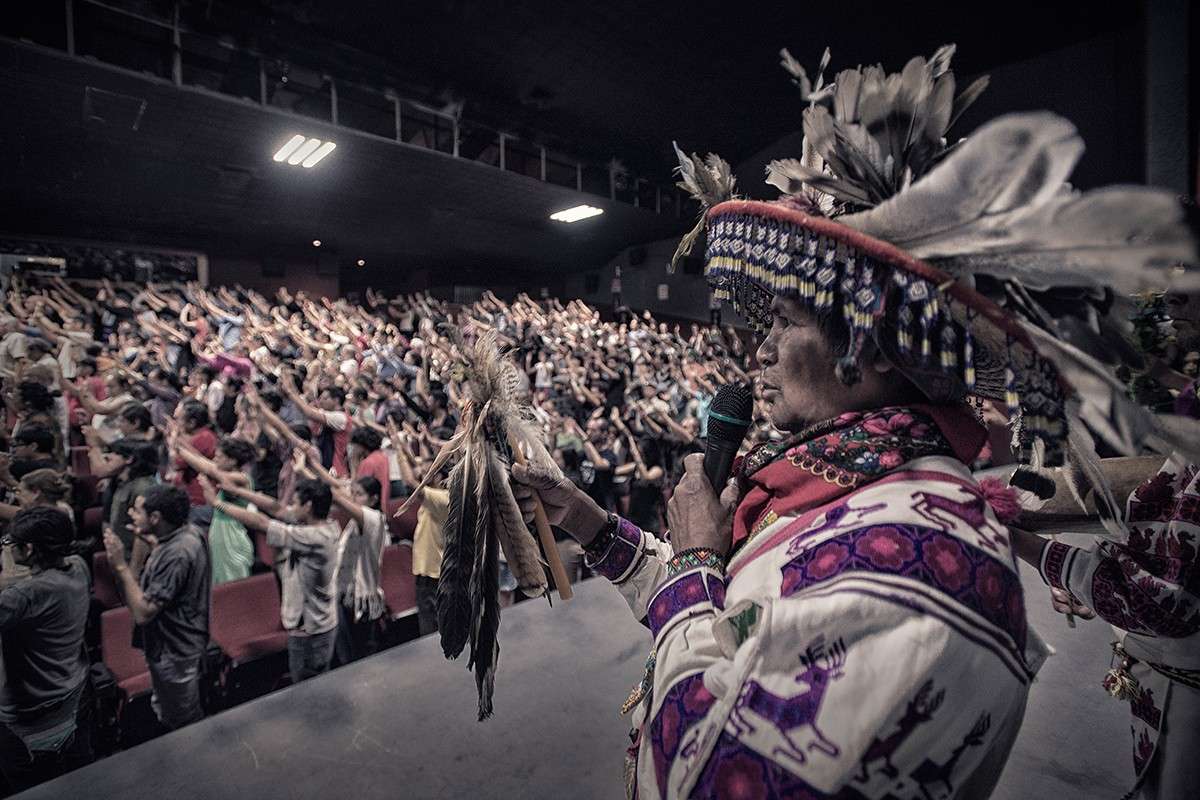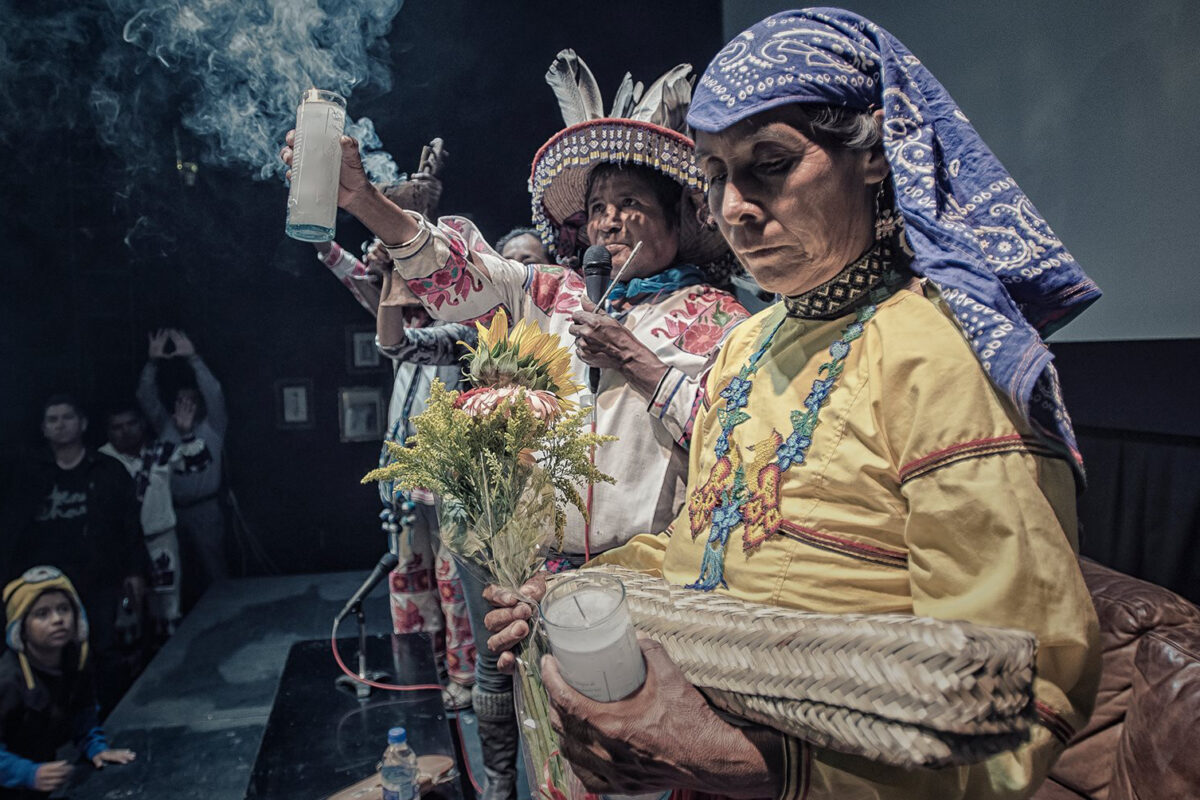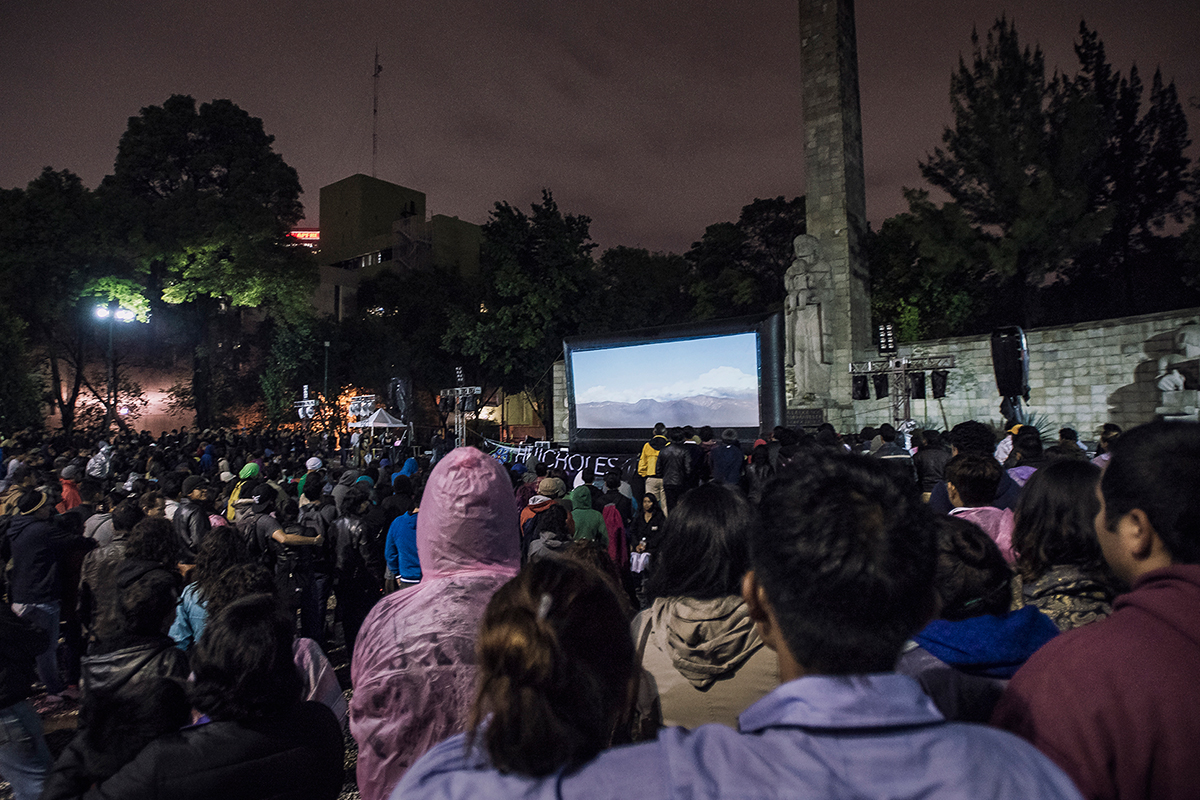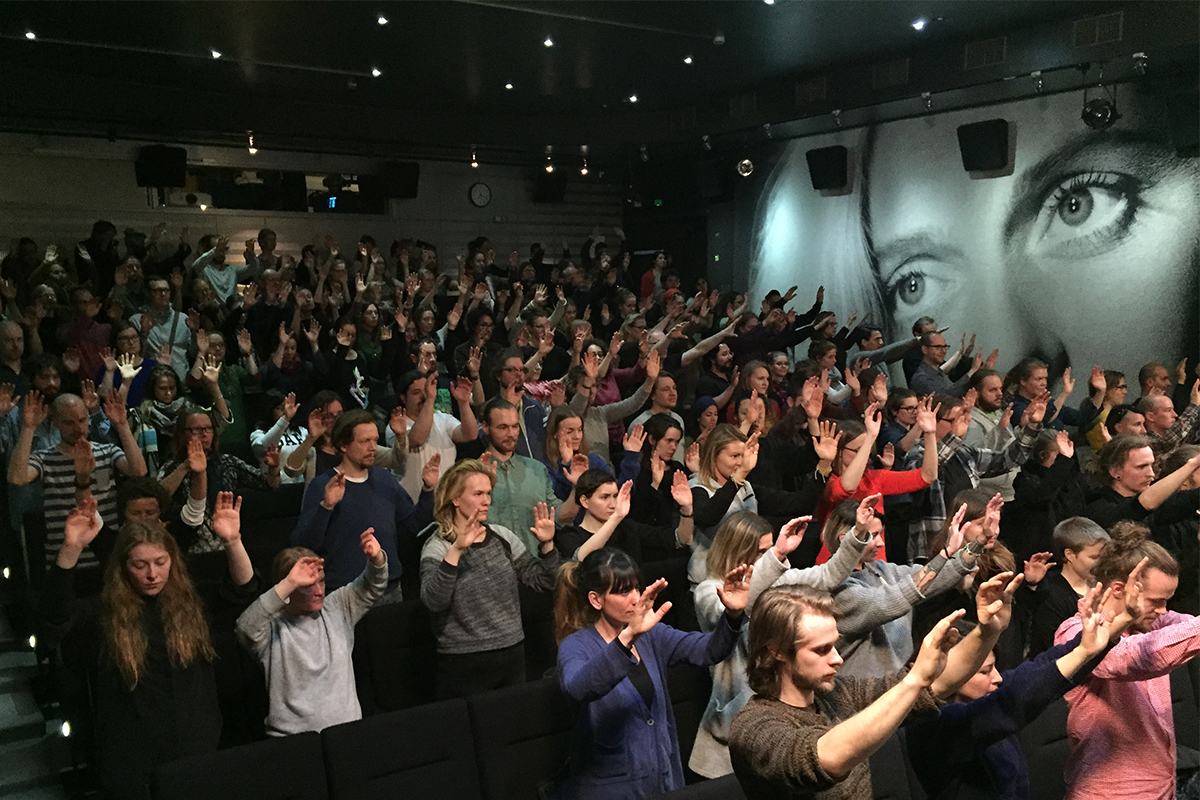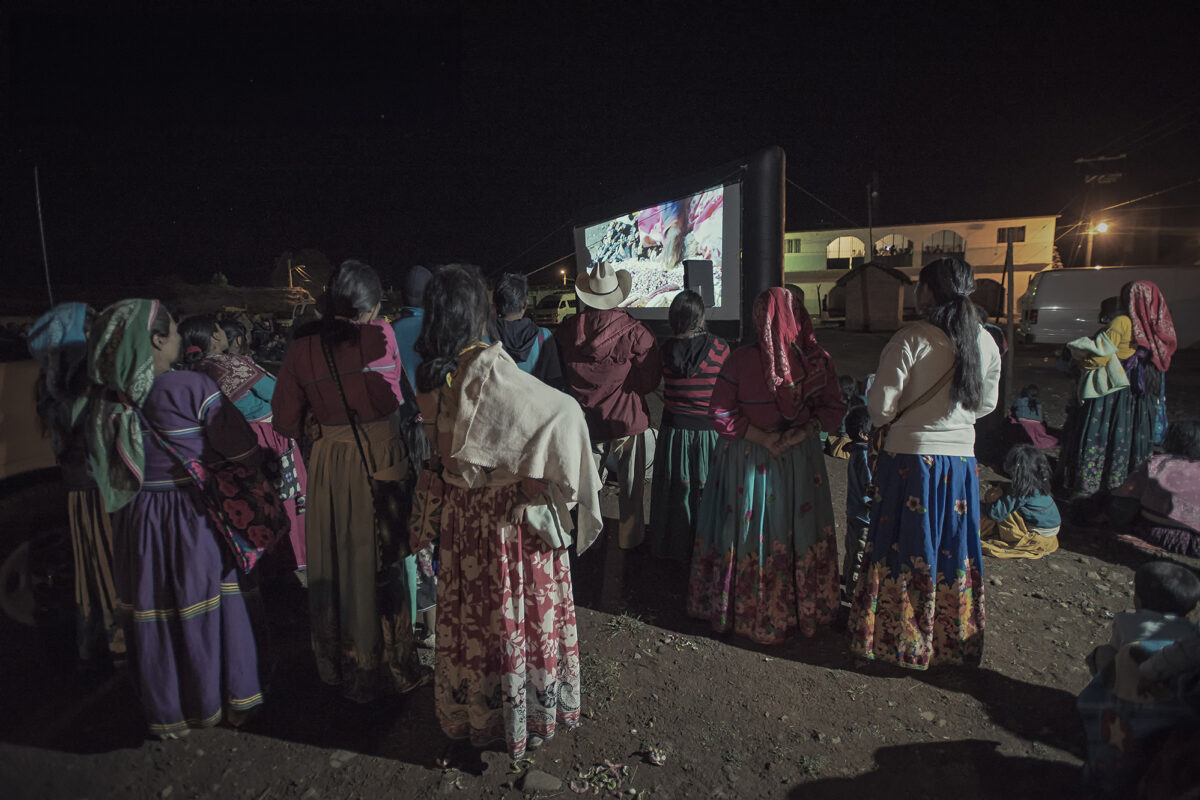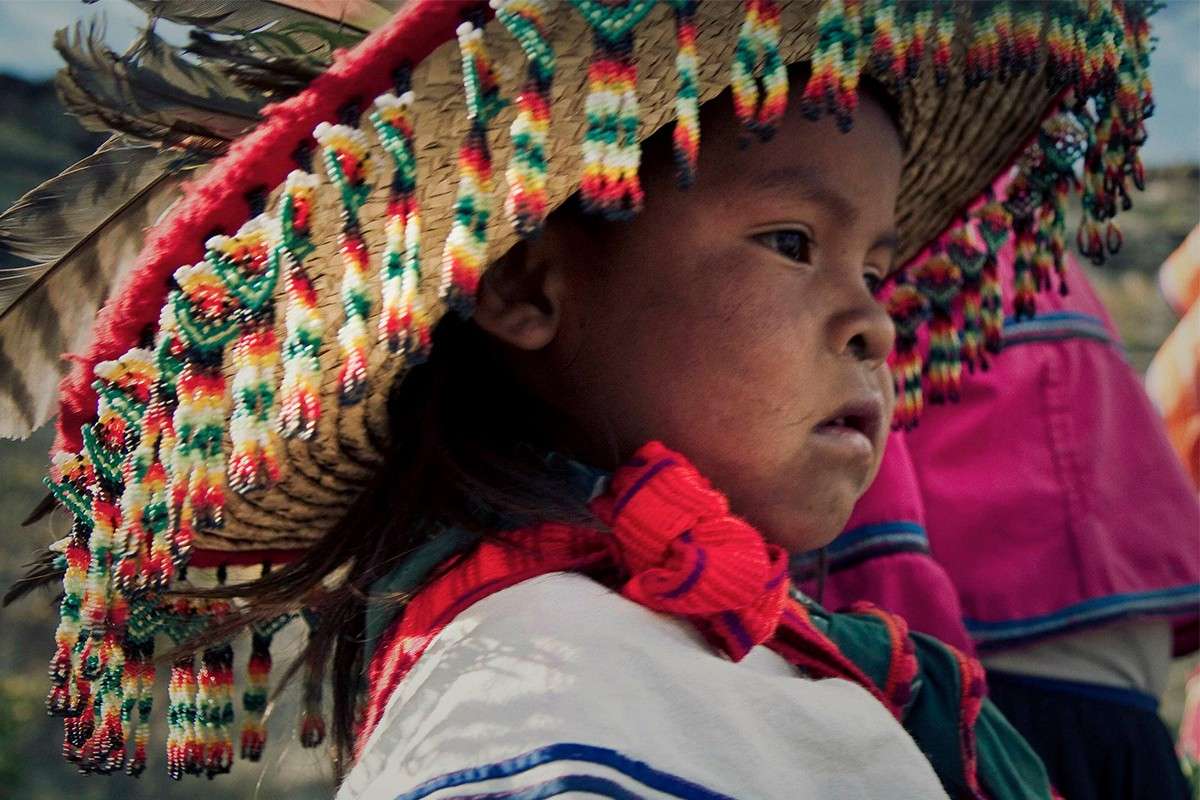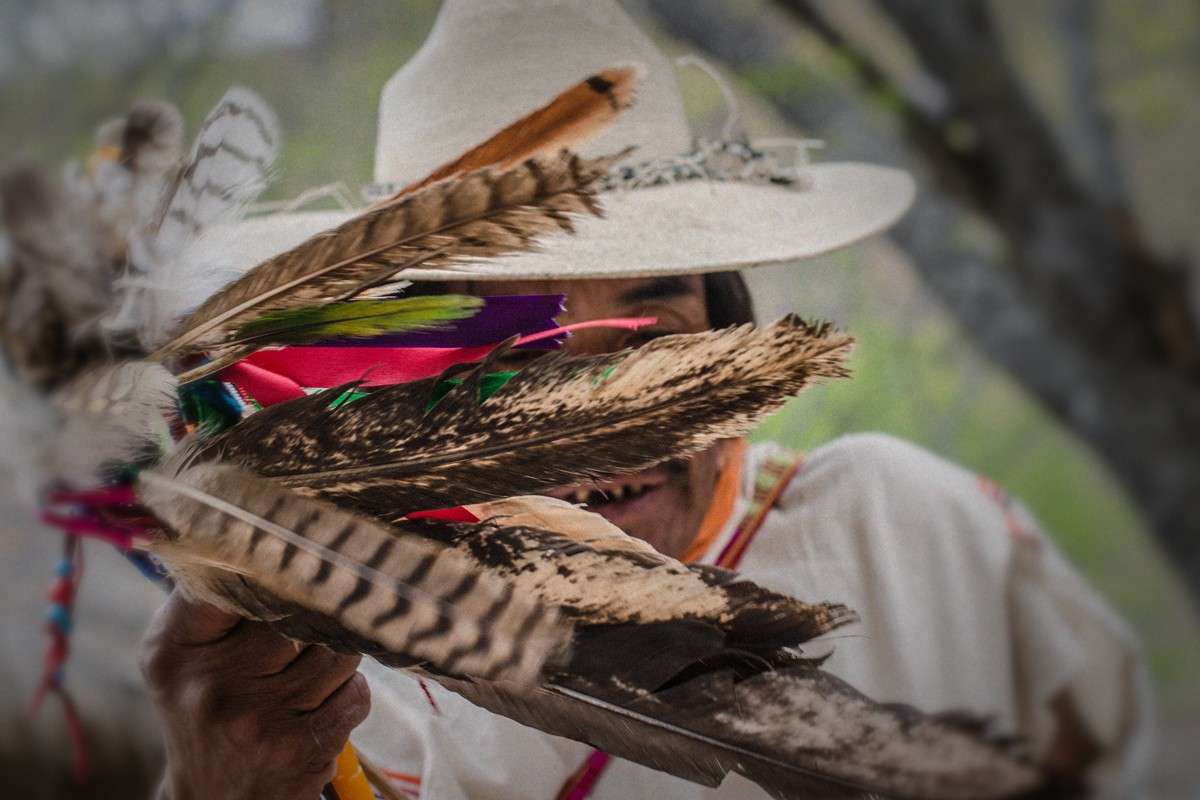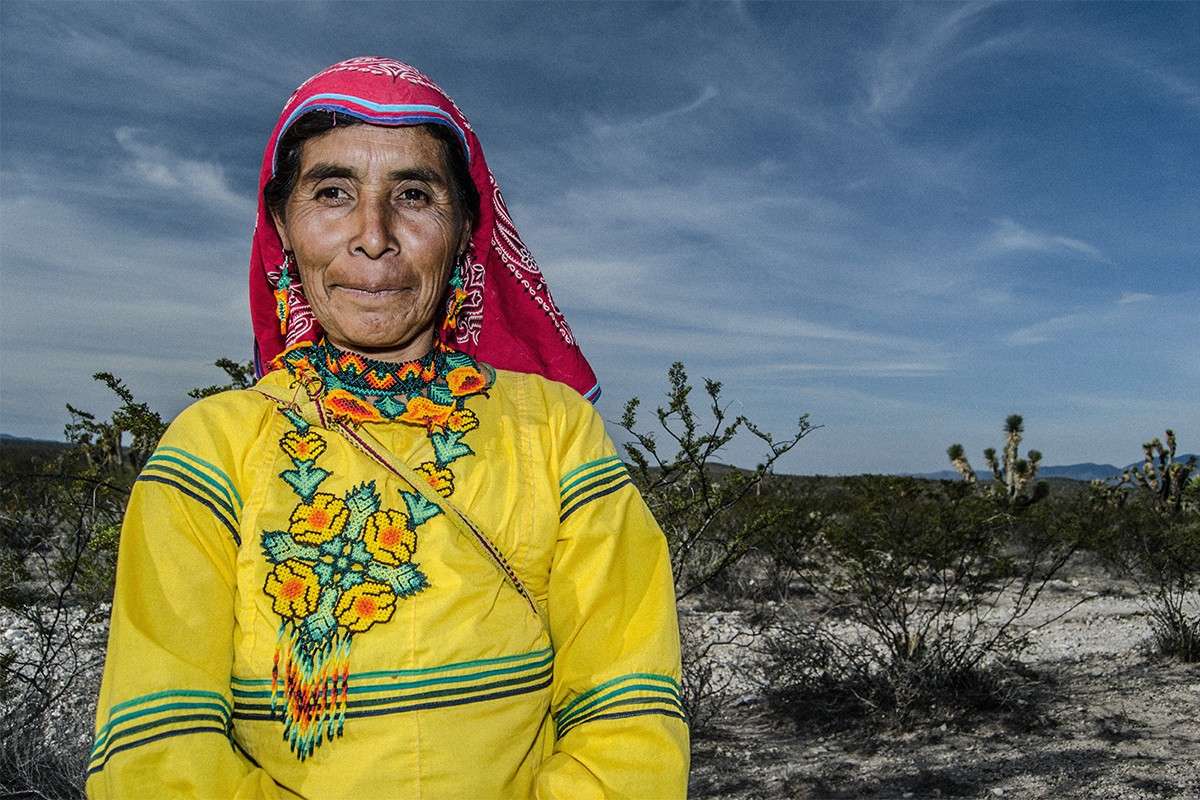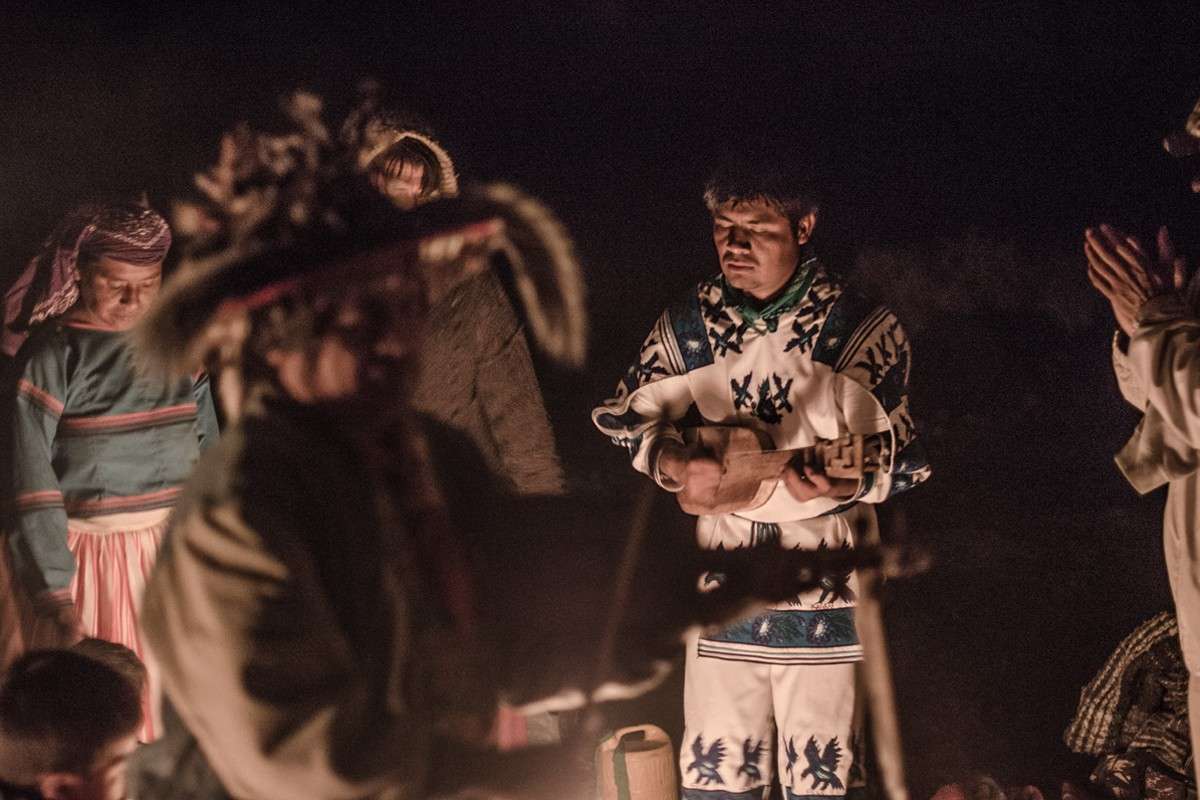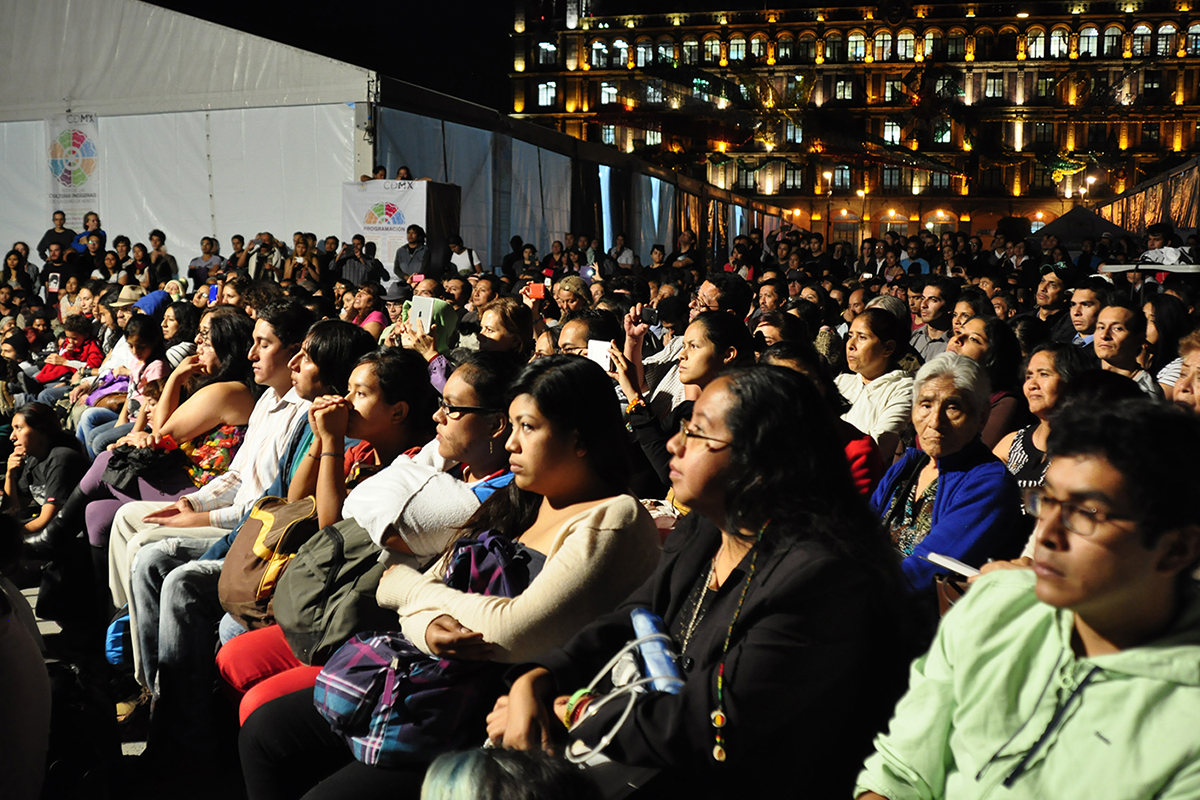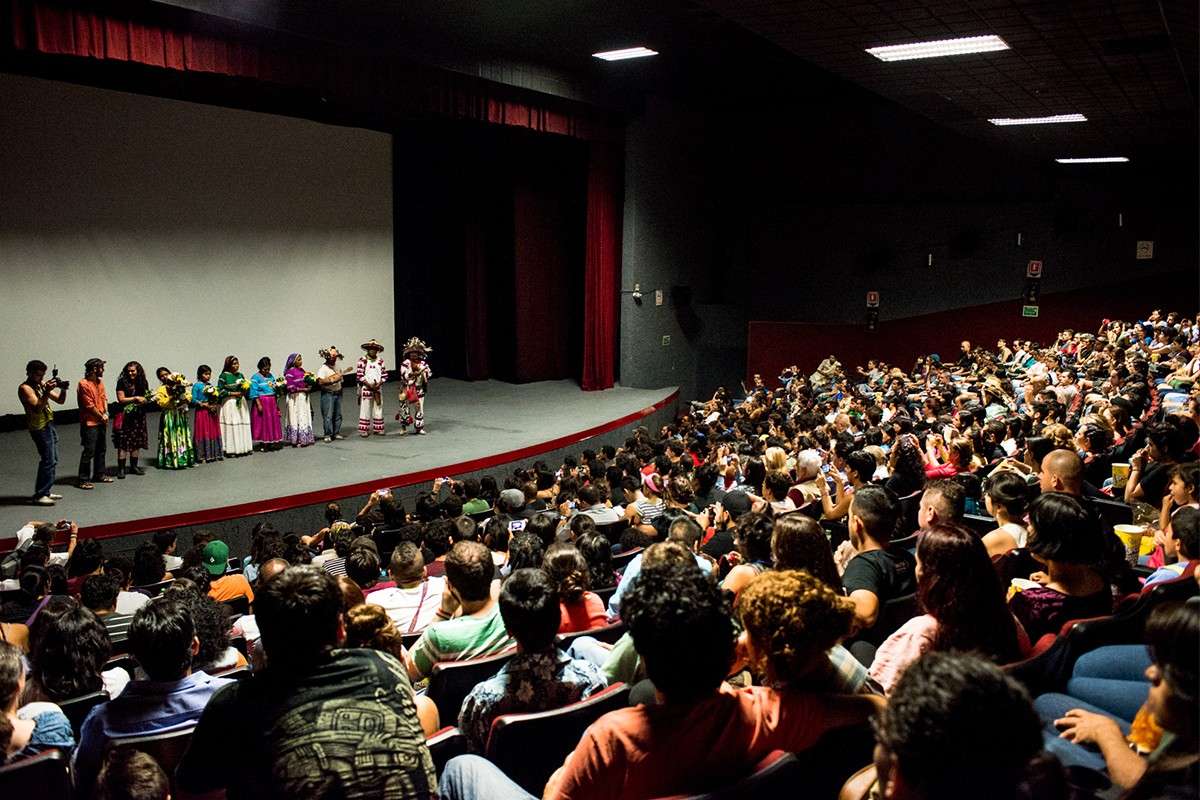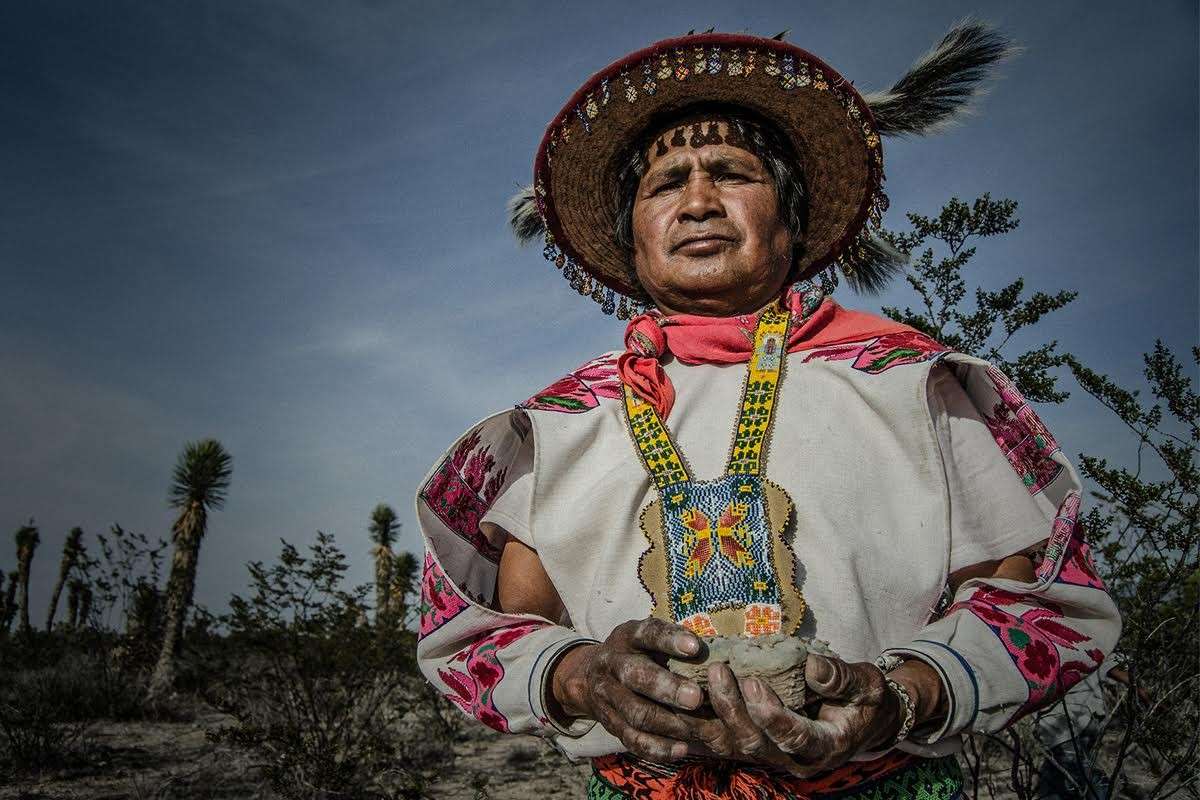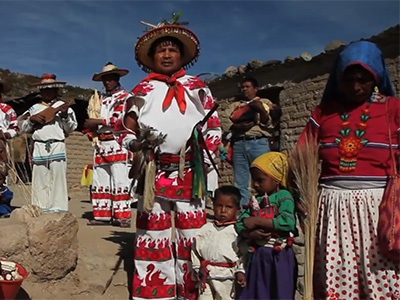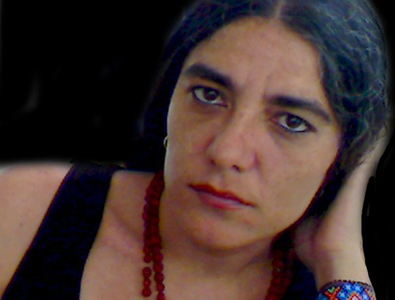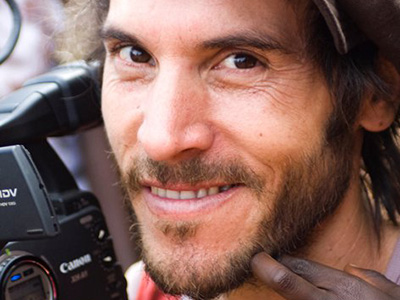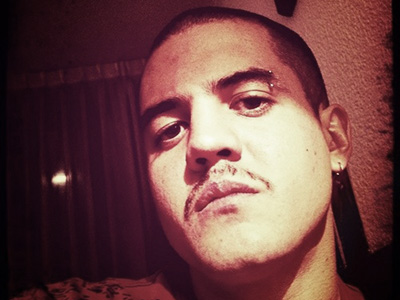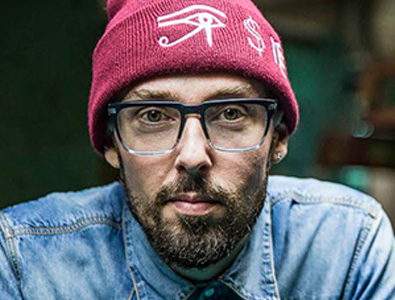
huicholesfilm
Wirikuta epicenter of the spiritual
The documentary is presented to 3000 people in the Zocalo of Mexico Cit
With the Rain
Vignettes of the European tour in June 2015.
Katira with the rain. Sierra de Enguera, Valencia, Spain
Protagonists
Ramírez Family
The Ramirez family, who are originally from La Laguna Seca, in the state of Jalisco, along with the elders of the Wixarika territory of San Andrés Cohamiata, requested us to make the documentary, and offered to show the world the intimacy of their ceremonies and the urgency of protecting this millennial dialogue with nature.
José Luis “Urramuire” Ramirez, star of the documentary, is a marakame, spiritual guide and healer, musician and artist who has guided his family and his people faithfully, guarding the ancestral heritage of their culture and worldview transmitted from generation to generation. Playing his instruments and sharing his songs, he has traveled many places carrying the message that allows all people to return to the path of respect and harmony with life.
The Ramirez family is formed by Jose Luis Ramirez “Orramuire,” Maria Teresa “Turama,” Clemente “Uweni Temai,” Enrique, Carmela, Graciela, Roberto Ignacio,, Jose, Daisy, Fran, Azael and Eliasar, and an extended family filled with light and song.
“We as a family have an important responsibility to our people and our culture. That is why we asked that this movie be made. For you to understand the importance of our sacred sites, such as Wirikuta. Thank you, Universe.”
Paola Stefani
Producer
Is an anthropology and communications Major. Since the mid 80´s she has dedicated her career to research and work with indigenous cultures, particularly with the Raramuri (Tarahumara) of northern Mexico. During the 90´s she began working with multimedia productions and digital narratives and now has an extensive portfolio of productions of digital solutions and educational multimedia programs and scientific and cultural promotion. She has ample experience directing interdisciplinary work teams, during the production of audiovisual content for release in emerging media. Most recently she has specialized as well in the promotion of Ibero-American cinema.
“The Wixárika people are asking us to take charge and that is what we are doing with this film. I believe in the movies as a powerful medium to change our ways”
Hernán Vilchez
Producer & Director
Hernan studied film making in Argentina and Cuba. During the last decade, he directed TV commercials, musical videos and documentaries in Latin America and Europe. He specialized in the filming of indigenous people and ancestral ceremonies worldwide, has worked with the Australian Aborigines of the Arnhem Land, the Pigmy people of Batwa in Uganda, the Taquileños of Lake Titicaca, the Waoranis and Shipibos of the Amazon, the Wixáritari of Mexico, the Mentawai of the Siberut Island, the Diolas of the Sengal and the massive celebrations of the Kumph Mela in India and the Yemanjá in Bahía in Brazil.
He currently shoots independent documentaries and produces his own international content for the successful series “The strictest parents in the world” (Kabel Eins, Germany), Job Change (SRF, Switzerland) and a new project for Red Bull: Wild Men.
“Making this film was not my choice. I was asked to do it by the Wixaritari elders, in a language I did not understand, but with a powerful force that has sealed my way up until today.”
José Andrés Solórzano
Cinematography
Originally from Chiapas, studied Communications at the Universidad Iberoamericana in Mexico City, at the same time that he began his career at Red Bull Mexico working in the areas of marketing and communication. Upon completion of his professional training, he directed for Red Bull, the first Mexican product in stereoscopic 3D for TV in the iconic competition “Baja 1000”.
As director and film photographer he has worked on video clips, TV commercials, TV series, documentaries, and short films. He has collaborated professionally with recognized companies, as well as with different international brands like Resistol, Red Bull, Vans, Televisa, National Geographic, etc. The pursuit of his personal development led him to create and photograph various audiovisual products with high social content (migrants, zapatismo, popular movements, etc).
In 2014 he was accepted to study in a masters program in filmmaking, within the recognized “American Film Institute” conservatory. In May of that year, he released his first featured film as director of photography, “Huicholes: The Last Peyote Guardians.”
“Participating in this film has been a great lesson in life and death, which I am very grateful to have.”
Gastón Salazar
Original Soundtrack
Musician and producer, he began playing Bass before exploring all string instruments and finally focusing on Cello. At 20 years old he went to Europe to start his professional career with a Cello-Piano duo that performed contemporary music from Piazzola, Satie and Gismonti. Once settled in Barcelona he began work with the successful 08001 Project. They had a successful album and festival tour at such festivals as the Sonar Festival, Pop de Europe, BAM and Actual Festival. These tours allowed him to play during the span of two years in places such as Spain, Germany, Portugal, France, Italy and Slovakia. He currently composes and plays his own compositions with the Gas-Lab project, as a solo artist and in collaboration with other musicians and also with commissioned work.
“It makes me feel very good to be a part of the project because of what it means culturally and ecologically. Defending an ancestral culture and its natural heritage seems to me something dignifying and necessary in this era”
